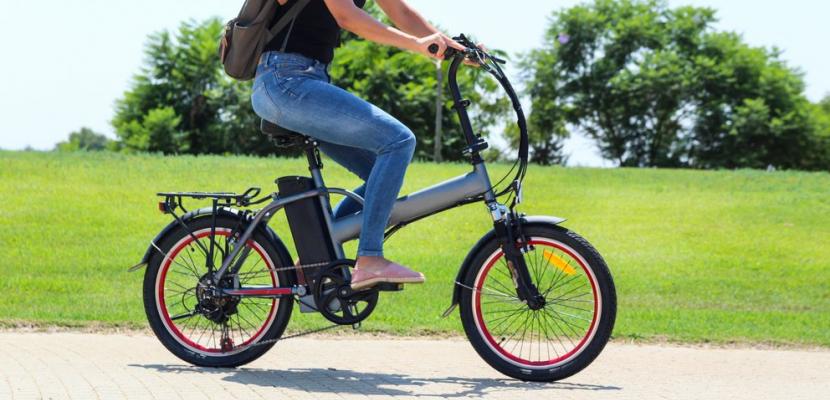
Financial incentives for e-cycling against COVID-19

About this good practice
Cycling has proven to be a safe transport mode ensuring social distancing which is necessary for the protection against COVID-19. However, using the bike for long distances or cycling all day long may not be easy for everyone. In addition, many regions in Europe are not flat, thus, discouraging the use of conventional bicycles. E-bikes could be the most sustainable answer to tackle these challenges in order to avoid crowded modes (e.g. buses) for daily trips, cover longer distances and mountainous areas without much effort, and reduce CO2 emissions.
Towards that direction, a subsidy call was published which managed to combine the e-mobility innovation trend and the transport habit of cycling that emerged during lockdowns. Through an online application process, citizens could be subsidized to purchase a new electric bike with 40% of its net value (before taxes), and up to 800€. 40% is the 3rd highest subsidy rate for electric bicycles in Europe. An extra bonus of 500€ was added for large families (4+ children) and disabled people. The grant concerns new vehicles and not technical modifications on ordinary ones.
In parallel, the infrastructure interventions (e.g., pop-up bicycle lanes in the cities due to the pandemic) were additional incentives that reinforced the call, encouraging more people to apply.
In addition, a 20% subsidy for e-scooters was included in the call both for citizens and companies, preferred by couriers, deliveries, etc. Also, 25% for e-cars/e-taxis.
Resources needed
The total amount of the grant was 100M Euro for all the categories included in the call. So far 31% has been absorbed.
The unabsorbed amount will be part of the new round of the funding program which will be launched in the first trimester of 2022 with improved benefits and conditions.
Evidence of success
More than 18.510 applications have been received in the frame of the subsidy call, of which 12.847 applications related to e-bicycles (69%), 4.050 to e-scooters (22%), while the rest were for electric cars or taxis (9%).
The total market turnover has exceeded 70 million euros. The market of e-bikes and e-scooters attracted the greatest interest. It reached a total of 16.897 applications which represents 91% of the submissions, exceeding by far the initial target of 12.500 two-wheeled vehicles.
Potential for learning or transfer
Although the provision of financial incentives is considered a “strong” motivator in general terms, it doesn’t always bring the expected outputs.
Instead, in our case, the interest shown for this call in Greece was significant regarding e-bikes/e-scooters. It demonstrates that such subsidy schemes focusing on transport innovation are more successful when they are directly connected to citizens’ reality and enhance the quality of life.
By adopting this practice, the benefits are threefold: (i) social distancing on transport against COVID-19 spread while being able to cover longer trips without much effort with the use of the e-bike, (ii) promotion of electromobility to reduce CO2 emissions by using e-bike instead of cars, (iii) cultivation of behavioral change and shift towards sustainable mobility.
The transferability of this practice is high as long as the required funds are allocated, and the relevant criteria are adapted to the different contexts in other regions in Europe.
Further information
Website
Good practice owner
You can contact the good practice owner below for more detailed information.
Greek Ministry of Environment and Energy
